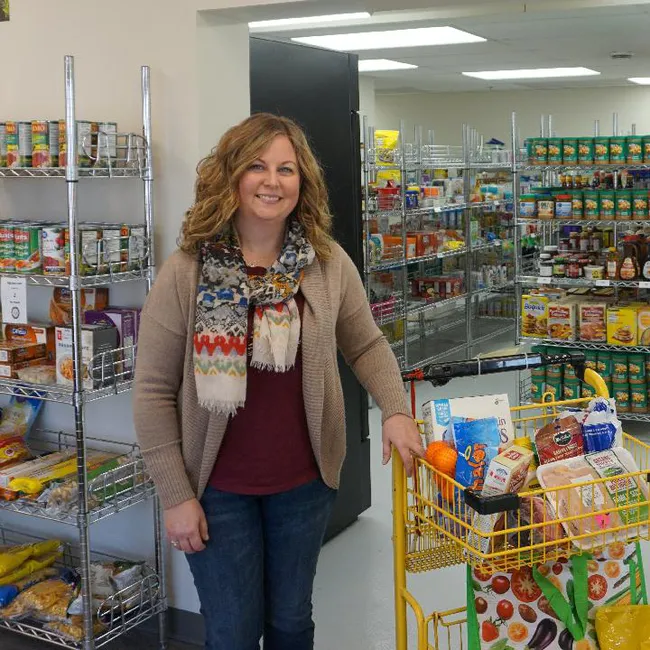It isn’t pretty, the increasing pressures of very real and growing poverty. It’s not trendy or stylish, and it’s not found front and centre on social media.
It’s clear that as a society we don’t want to talk about things that make us uncomfortable; and poverty, well poverty makes us uncomfortable. As a society we tend to push poverty, poverty remedies, and poverty relief services out of the centre and into the corners of public discourse.
Perhaps it’s about time we get comfortable with being uncomfortable. If we are ever going to improve conditions for those who are poor and vulnerable, we must put the discussion front and centre.
We must get comfortable with talking about childhood neglect, childhood trauma, child abuse, and all the iterations of trauma, addiction, and untreated, undiagnosed mental illness. We must get comfortable in acknowledging the facts of truth and reconciliation and the multi-generational trauma of Indigenous people. We must get comfortable hearing and learning about intimate partner violence, gender inequality, and the barriers and biases faced by LGBTQ2S+ people. Finally, get comfortable with coming to terms with the fact that all these circumstances, conditions, and factors arrive every day at your local community food bank.
The need for assistance through Ontario food banks has exploded post-pandemic. And while food banks are struggling to keep up with sourcing and providing food, they are also doing what they can to be the lifeline to people and families that need more than just food to survive, let alone thrive.
Food banks, as a social justice movement, emerged in Canada just over 40 years ago as a short-term emergency response. Imagine, for just a moment, the impact in this province if suddenly our food bank doors closed.
As food banks we hear the moral cry “Give a man a fish and you feed him for a day but teach that man to fish and you feed him for a lifetime.” But let’s face it, with the current economic and social conditions of 2023, even for the best fishers there are far too many sharks in the water to expect that individuals and families anchored deeply in poverty will readily and rapidly recover themselves out of these conditions.
here are more children, more single adults, more families, more working families, and more seniors than ever before, in the history of food banks in Ontario, requiring help.
You hear it on the news everyday — the rising cost of food, inflation, skyrocketing housing costs, gas prices, wages not keeping pace with cost of living, and on and on. The words reported through these news stories have almost lulled our society into complacency and the belief that poverty and low-income Ontarian’s reliance on food banks is OK .
It’s not OK and it’s not enough just to focus on providing emergency food relief.
Food banks take no solace in becoming bigger food banks. There is no Heisman Trophy or Stanley Cup for being the biggest food bank in town. Please know that Ontario’s food banks move mountains to ensure that every person or family who needs help receives assistance. And every day of every week there are more new registrants who have never had to use a food bank before.
To address the conditions that food banks and people who rely on food banks face — we need short and long term, multi-sectoral, and truly transformative public policies, strategies, and sustainable solutions. This includes drastic improvements to Ontario’s social assistance programs, increased investments in supportive housing and the Ontario housing benefit, and holding employers accountable to the provision of quality jobs and employment opportunities.
Feed Ontario’s network of 1,200 food banks and hunger-relief organizations will remain strong in their resolve to assist our communities and know fully that with every grocery bag of food distributed, every support program we provide, and every listening ear, that we are helping to make lives better. But no matter how big our operations get or how much support we provide, we will never be able to get rid of those sharks in the water or turn the tide on poverty.
Our policy makers and government leaders are the only ones who can make this change. And to do so, they need to get comfortable with being uncomfortable and stand with us.
Together we can make positive change and we absolutely must.
— Christine Clark Lafleur is Executive Director of Port Cares and Feed Ontario Board Member


